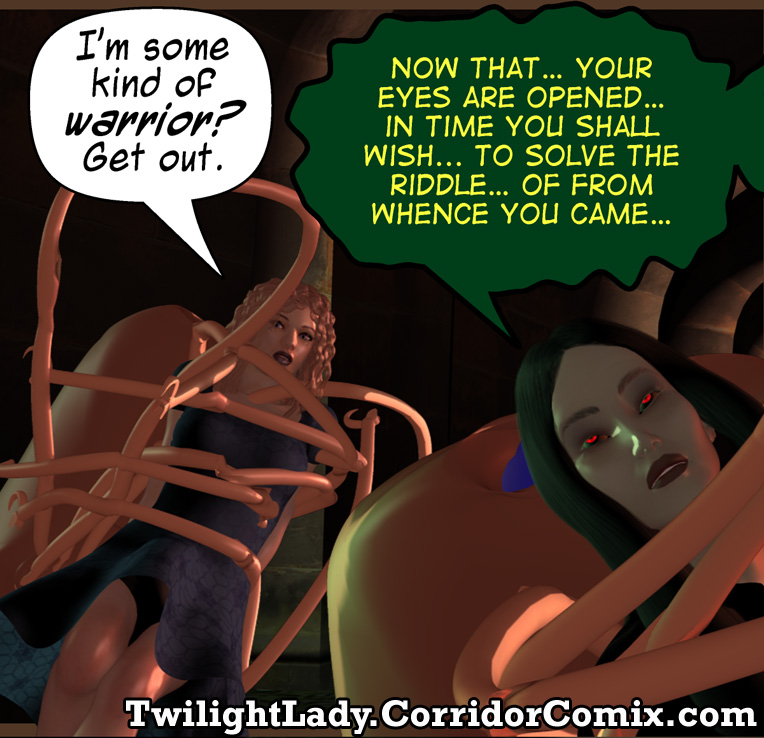A key part of awakening is remembering who you are. Retrieving memories of the multiple lives you have led and the experiences you have had as a fractal of infinite consciousness. Some may wonder, why is this important?
They would argue the past does not matter, that awakening is more about the now – waking up to the manipulative, parasitic elements infesting human society in the present day. But does forgetting our history not leave us vulnerable to repeating it?
Ruminating over the issue of past-life memories and recall, I am reminded of a story arc from the TV show Miami Vice, where Detective Sonny Crockett (played by Don Johnson) is caught in an explosion and suffers amnesia. An oft-used trope, but actually appropriate for the character, who throughout the series often operated undercover in the guise of drug dealer Sonny Burnett. Having lost all memory of his true identity, Crockett believes he is really Burnett, confusing a false alter-ego construct with his genuine self.
What made this storyline interesting and controversial is that Crockett, forgetting who he is and believing himself an unscrupulous criminal, goes on to behave like the ruthless, cold-blooded murderer he thinks he is. This phase does not last, and eventually he regains his senses and memory. In a riveting sequence set to Peter Gabriel’s Don’t Give Up, the real Sonny awakens.
What intrigues me about this premise is the possibility of going through existence as a mere shadow of oneself, due to forgotten identity and memory deprivation. How many of us have been doing just that – living our lives as the individual we believe ourselves to be, rather than who and what we truly are?
It is an idea I explored in Volume 2 of Twilight Lady, a graphic novel series I wrote and illustrated. A woman named Whisper is hunted and captured by astral realm entities involved in a soul harvesting operation. Observing how other captives are handled, Whisper wonders why she is being treated so much better than the rest. Turns out her captors are afraid to awaken the monster in her, whose existence she was completely unaware of. When Whisper finds this out, she becomes eager and excited to recover her lost self. However, she is warned by an ancient ally, the Nameless Lady in the Hood, to exercise caution out of concern whether Whisper is ready to deal with the full truth of who and what she is. This echoes a long-held suspicion among many that there can be negative consequences to recovering too much memory, too fast.

It brings to mind a theme from the Six Million Dollar Man and Bionic Woman TV shows from the 1970s. Jaime Sommers (played by Lindsay Wagner) learns that she was once in love with Steve Austin (played by Lee Majors) and they were engaged to be married. However, due to memory loss after a coma, she has no recollection of their prior relationship. Though Steve is still in love with her, Jaime claims she is unable to reciprocate his feelings as she has no memory of being in love with him. One has to wonder, is such a scenario plausible given that the mind may not always recall, but the heart does? The unspoken subtext is that Jaime is simply wary of committing to a marriage where both spouses are transhuman super soldiers (this series is definitely soft disclosure of such programs) constantly involved in life-threatening situations where one could lose the other at any moment. My suspicion is that due to fear of the consequences, Jaime subconsciously chooses to not remember (until years later, in a reunion TV movie) and this is also what holds many people back from delving too deep into their Akashic history.
There is no doubt remembering who we are makes us more complete. What we have to ask ourselves is – does it improve our life and the lives of those around us? Will it help or hinder whatever purpose we are here for? The answers may be obvious for some, not so for others, but they are crucial for determining how much, and what exactly, we wish to remember. It is, ultimately, a matter of personal choice.
It struck me as I was writing this how often the concept of losing one’s memory and identity occurs in fiction. Considering this rarely happens to people until they are near the end of their lives, it may seem odd… unless we accept the phenomenon of reincarnation as real. It would certainly explain why this experience is so deeply ingrained in humanity’s collective creative unconscious.
What about you, dear reader? Can you think of any stories about recovering lost memories that particularly resonated with you?
